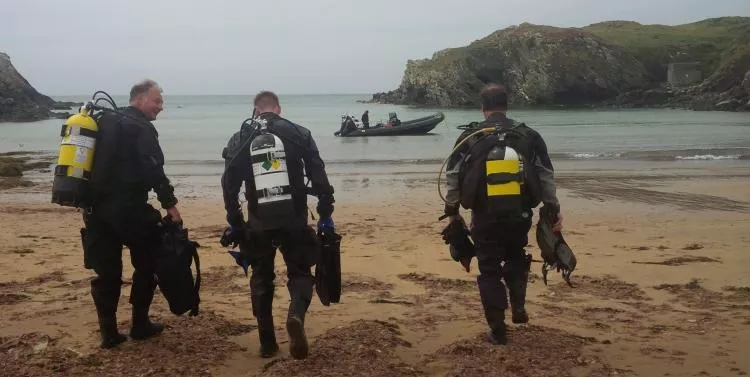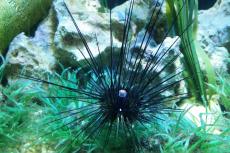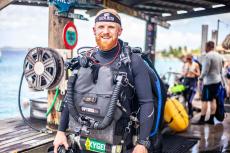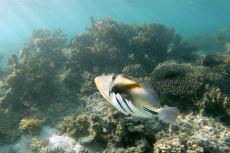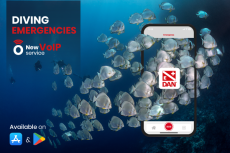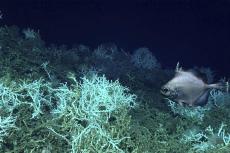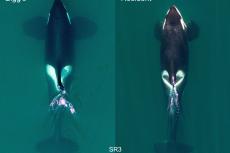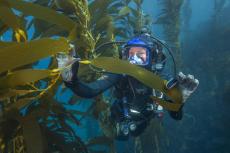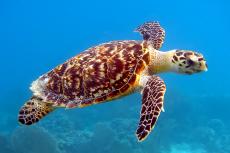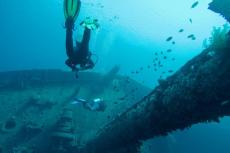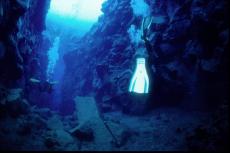The BDSG advocates divers prepare for a return to UK diving
The British Diving Safety Group issued a statement for British divers on Friday 19 February 2021.
A BDSG spokesman states "Although we are currently in lockdown, it is time to start preparing to scuba dive UK sites and seas. We are all very keen to get back in the water again.
We understand that everyone is heartily sick of COVID-19 rules, hence this is an appeal for divers to do the right thing, and behave accordingly. Please take into consideration the following guidelines as you get set to scuba."
Medical Fitness
Divers need to comply with relevant medical requirements, and medicals may have lapsed, so check your dates. There is now the added complication of any impact COVID-19 may have created. Your respiratory system can be affected by the Coronavirus and can have long term effects that could impact on your ability to dive safely. If you have any doubts, seek professional medical advice from a diving doctor. Bear in mind that if you require a medical examination, there could be a delay in booking it.
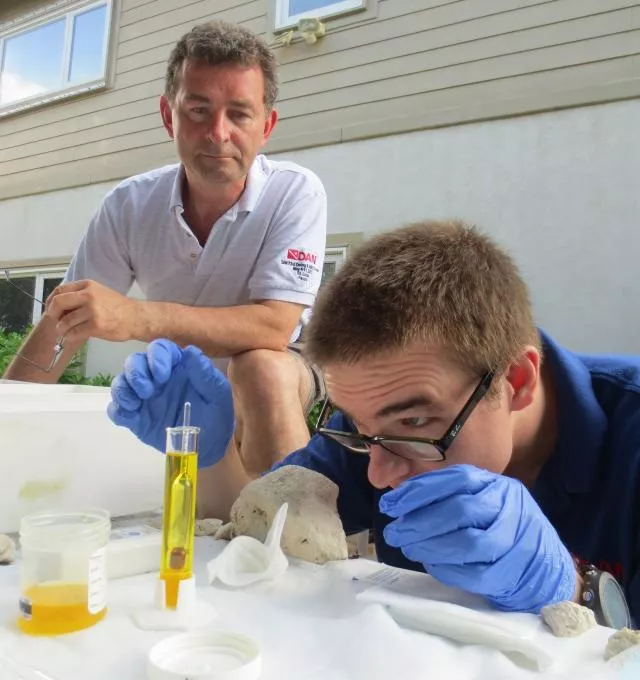
Diving Fitness
It is quite probable that in the past you took your dive fitness for granted. However a long lay-off from any activity can affect your mental and physical ability - and you won’t notice this until you are in the water.
Now’s the time to start carrying out a series of exercises to build up realistic stamina and fitness levels, so that you will be safe when you dive. As soon as you are allowed back in the water, don’t expect to pick things up from where you left off. Just because you were regularly diving to 30 metres / 98.5 ft before, doesn’t mean you should jump straight back in to that depth. Take your time and a series of dives to slowly work up (or even down) to your previous, regular depth and level of diving.
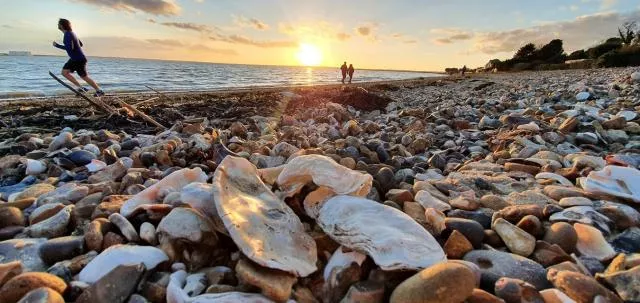
Image Credit: Rosemary E Lunn | The Underwater Marketing Company
Mental Fitness
It has been proven that diving and being near water is beneficial for good mental wellbeing. Being in the right “mindset” for returning to diving, can include making sure you are properly prepared. Start reviewing your training material and work through scenarios - carry out some preparation and planning for hypothetical dives.
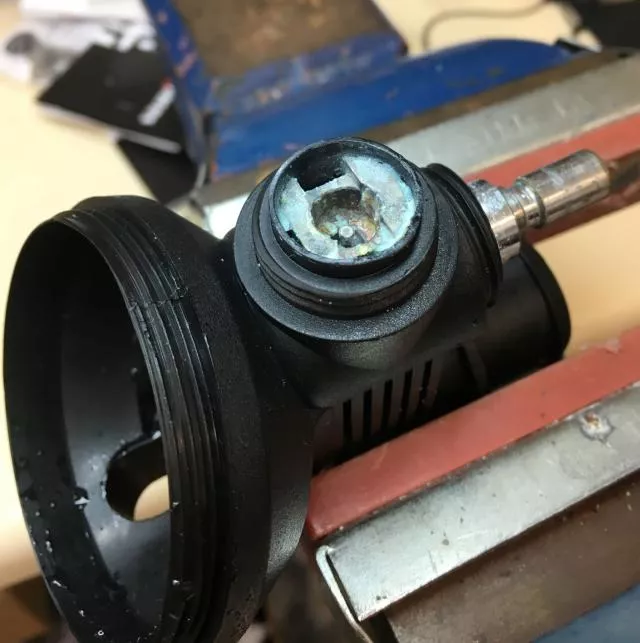
Equipment Fitness
Check that you have all your equipment and it still fits and functions.
You should consider making arrangements to have your equipment professionally inspected, ie sent it for a health check. Depending on how and where you have stored your gear, it is quite possible that it became a temporary home during the lockdown for a variety of creepy crawlies. The service technician will be able to let you know if your equipment will need to be serviced.
Not every service centre may be open at this time and travel restrictions may impact your ability to visit any dive shop that is open. If your local favourite service centre looks closed, it is worth dropping them an email (because they could be operating behind closed doors). Get your kit booked in, because it will help to ensure there are no unnecessary delays.
Your cylinders need to be “in test”, so check the dates, and book them in early for testing.
You can carry out some checks on your regulator, suit, buoyancy device etc, but as you may not have used them for some time, consider having them professionally inspected and/or serviced as required.
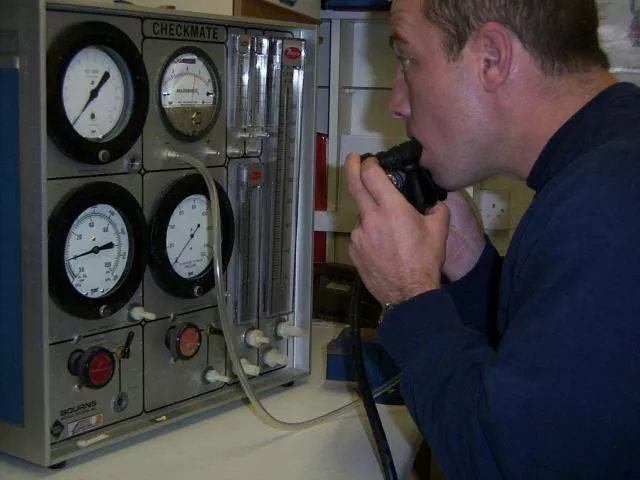
Dive Planning
Be more conservative in your gas management planning and monitoring for your initial dives. It is more than likely that your initial dives this year will be conducted when the water is at its coldest. Please remember your training. It is perfectly acceptable for anyone to call a dive at any time for any reason. There is no shame in climbing out of the water before your pre-agreed time if you are getting cold, or finding the dive more challenging than normal. This is a standard safe diving protocol.
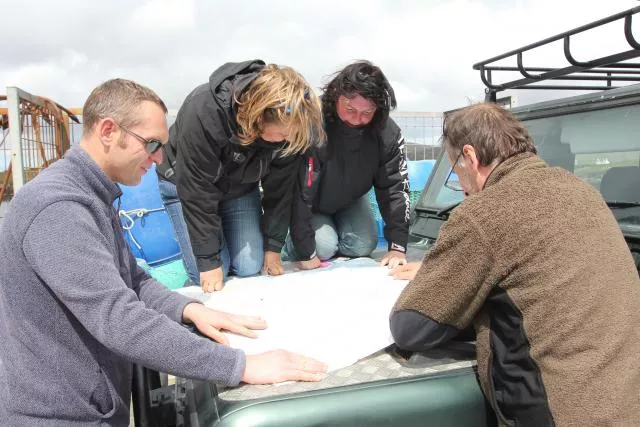
Your Buddy
It is equally important that your buddy, regular diving partner, or dive team has taken the above sensible steps to prepare too. Why not involve them in your plans, so that you are ready to hit the water together.
The links below from the Association of Professional Scuba Training Organisations and the British Sub Aqua Club have more useful information on preparing to return to diving.


